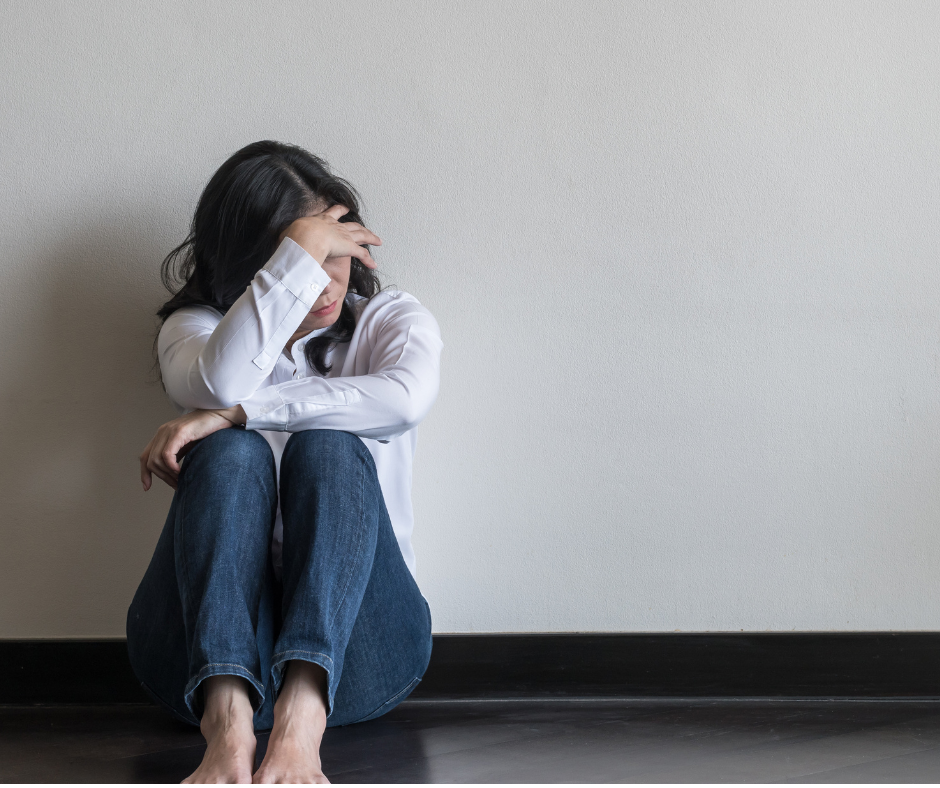This May 3rd through 9th, the Canadian Mental Health Association (CMHA) celebrates its 70th annual Mental Health Week—a tradition that aims to celebrate, protect, and promote mental health in communities, workplaces, and schools nationwide. While the event was first established in 1951, the message remains firm: Mental Health Week works towards shifting societal beliefs about mental health—it promotes attitudes fostering well-being, supports good mental health, and strives to create a culture of understanding and acceptance.
Over the past two decades, open discussions around mental health and its impacts have become less stigmatized and more frequent; mental health and wellbeing are no longer something to be kept in the dark. In fact, according to the CMHA, 1 in 5 Canadians experience a mental illness or mental health issues in any given year. So, what does mental health have to do with sleep, you might ask? More than you think.
Sleep and mental health go hand-in-hand
Sleep is an essential foundation for so many of our bodily functions, so it should come as little surprise that our physical and mental wellbeing are closely tied to the quality and quantity of sleep we receive each night. As both sleep problems and mental health problems fall within the realm of public health concern, the correlations between the two warrant a closer look.
In fact, despite mental health issues traditionally being viewed as a contributor to sleep problems, research now suggests that sleep problems can contribute to new mental health issues, as well as the prolongation of existing ones. Simply put, sleep and mental wellness go hand in hand, so from a medical perspective, it’s wise to approach each in relation to the other. As complicated as this may sound, it actually presents an optimistic picture for researchers and health professionals—an intervention designed to improve sleep will likely double as a treatment for mental health.
How sleep can make or break your mental health
Given the strong correlations between sleep and mental health, you might be wondering what specifically is impacted. For starters, sufficient sleep is linked with mood. If you’re frequently experiencing poor sleep, the effects of this restlessness are going to carry over into your day-to-day interactions. When you’re tired, you’re much more likely to be irritable, grumpy, stressed, or uninterested.
Similar to your mood, regular sleep helps to ensure that your body is adequately charged each day. That is, if your physical health is lacking, there’s a pretty good chance your mental health will follow suit. By not providing your body with sufficient rest, you’re more likely to experience physical and mental exhaustion, in addition to the many physical health risks that sleep deprivation can bring about.
And speaking of mental exhaustion, insufficient sleep can impact the way you think. While sleep-deprived, you’re likely to have more problems with concentration, decision-making, problem-solving, and social interactions. Combined with physical exhaustion, this can lead to particularly dangerous situations if your work involves operating heavy equipment, driving a vehicle, or making split-second decisions.
Lastly, sleep has a major impact on your behaviour. When you’re tired, you’re more likely to skip over important activities in favour of sleep. Regular and important practices like personal hygiene, cooking, and exercise can all fall by the wayside if you’re too tired to bother, leading to further physical and mental health problems.
How to improve your sleep and mental health
Like mental health, experiencing sleep problems is nothing to be ashamed of. Both have a wealth of resources available, spanning from online tips to personalized support from your physician. If you’re experiencing sleep trouble, we’re here for you! Book a complimentary sleep consultation to find out what’s keeping you up at night—you might just be helping yourself in more ways than you know.
We wrote this post with references to a journal on PubMed Central® as well as information from The Canadian Mental Health Association. You can read the full journal here and learn more about CMHA Mental Health Week here.






